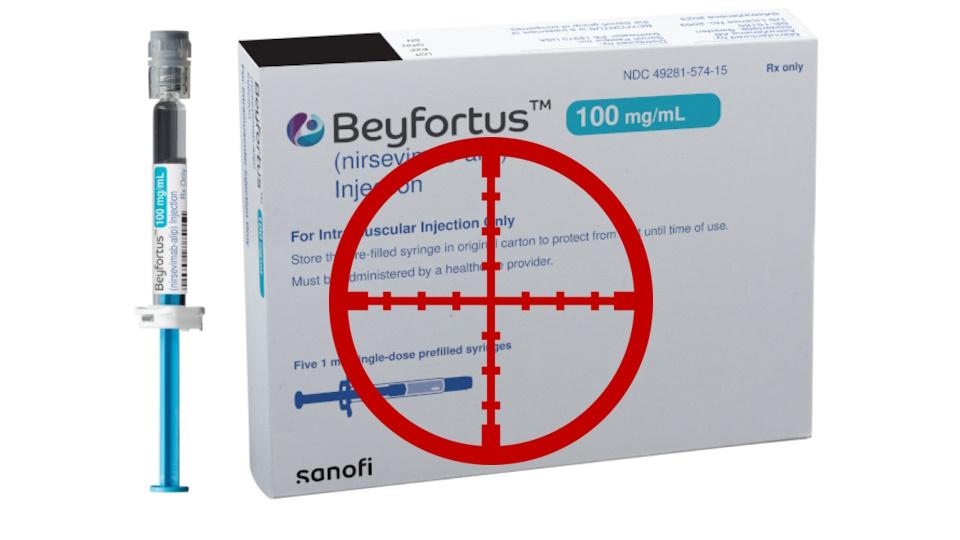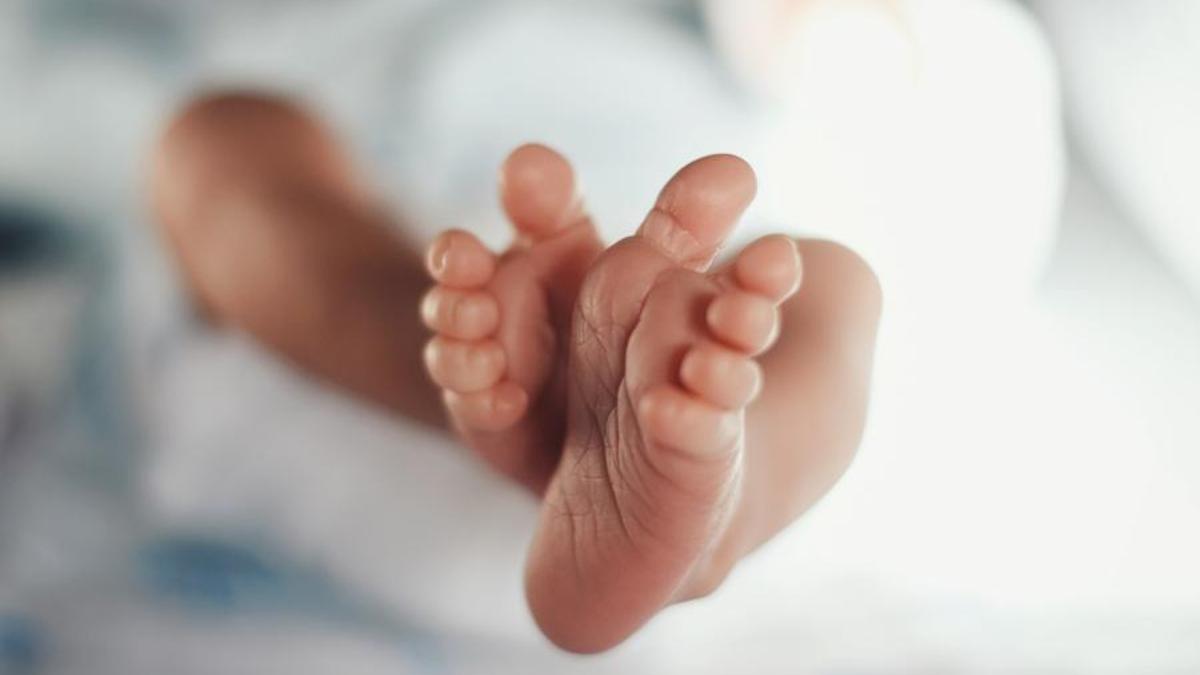MSD stakes claim to RSV prevention market for infants

MSD has reported phase 2b/3 data with its clesrovimab antibody for respiratory syncytial virus (RSV) preventions in infants, which could be a challenger to Sanofi and AstraZeneca's fast-growing Beyfortus.
Clesrovimab (MK-1654) met its primary safety and efficacy endpoints in the study, including reducing medically attended lower respiratory infections (MALRI) caused by RSV through day 150 in healthy pre-term and full-term infants compared to placebo.
The company plans to file the data with global regulatory authorities, setting up a possible market challenge to Beyfortus (nirsevimab), which was first approved in Europe in 2022 as the first single-dose drug to protect newborns and infants from RSV.
Nearly all newborns get RSV and show symptoms akin to a mild version of the flu. In some cases, however, the infection reaches the lower tract, which can be much more serious. Approximately 1% to 3% of children under 12 months of age in the US are hospitalised each year due to RSV, according to figures from the American Academy of Paediatrics.
Only topline data from the study is available so far, and MSD – known as Merck & Co in the US and Canada – said it would present detailed data at a future medical congress.
"As a widespread illness globally, RSV is the leading cause of hospitalisation for healthy infants," said Paula Annunziato, head of infectious diseases and vaccines at Merck Research Laboratories. "We are encouraged by these findings and look forward to working with regulators to provide a new option to help address the impact of RSV on infants and their families."
MSD will have quite a challenge ahead of it as it tries to chase down Beyfortus, which made almost $600 million in its first full year on the market in 2023, even though it was only cleared for use in the US in the middle of that year and has been held back by manufacturing capacity constraints.
Sanofi and AZ have been working hard to lay in new production capacity for the drug and, while that is not due to come fully into play until next year, the two partners are still predicting Beyfortus sales breach the $1 billion threshold in 2024.
Take-up of the $495 one-shot drug has surpassed that seen with any other childhood interventions, including rotavirus and pneumococcal disease vaccines, with more than a third of newborns in the US receiving it last year.
MSD will likely have to show compelling data to slow down that momentum and carve out a space for itself in the market, unless it decides to compete on price.
An alternative to the antibody therapies is Pfizer's RSV vaccine Abrysvo, which is approved for maternal immunisation to prevent disease in newborns and infants, as well as for use in older adults aged 60 and above. Two other RSV vaccines – GSK's Arexvy and Moderna's mResvia – are approved for older adult use only.
Abrysvo made $890 million in sales last year, but it's not clear what proportion of that came from maternal use. Pfizer's chief business and innovation officer, Aamir Malik, said earlier this year that surveys have suggested around two-thirds (65%) of women preferred to get the maternal vaccine versus having their infant treated with an antibody.
All three RSV vaccines are facing reduced sales expectations after a US Centers for Disease Control and Prevention committee recommended routine shots only for the over-75s, restricting use in the 60-74 age bracket to people at risk of severe RSV, tightening its earlier position.












